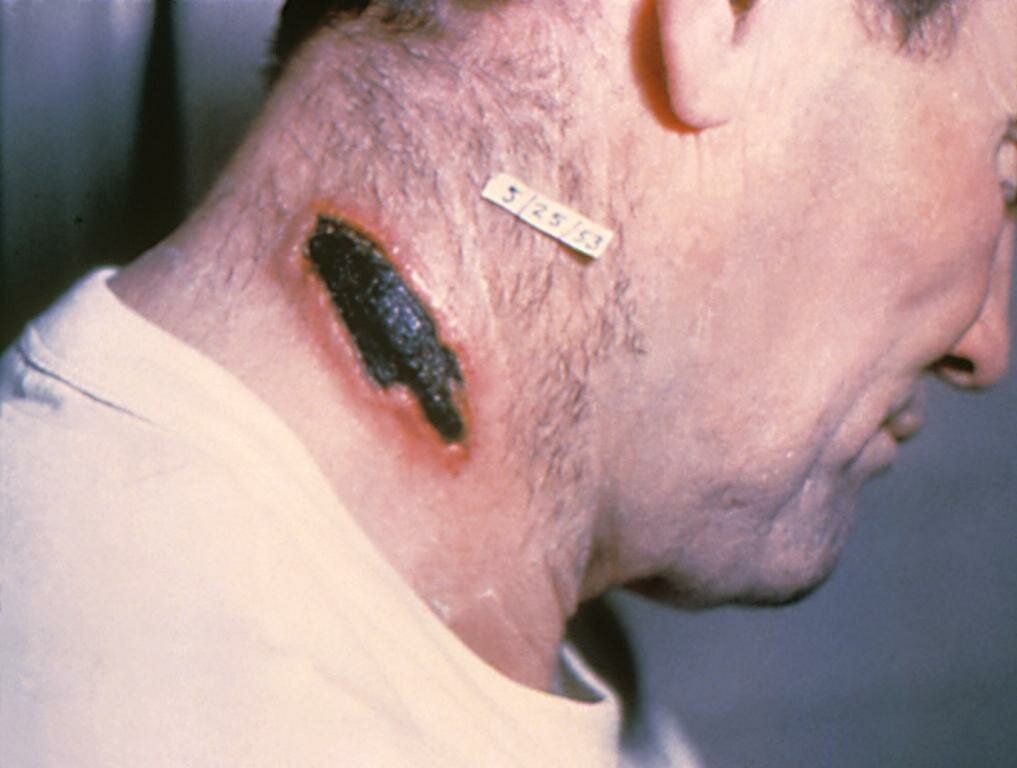Foreign doctors in Germany need no longer be taxi drivers
Germany ensures degrees of highly skilled migrants are recognised. Frances Mechan-Schmidt reports
Germany’s new law on qualifications, designed to remedy skills shortages in key areas and to give highly qualified foreigners working well below their professional level a fair shot at good jobs, has a forbidding name:Berufsqualifikationsfestellungsgesetz.
Thankfully, the Professional Qualifications Assessment Act, which was introduced a year ago, is known as BQFG for short.
Reactions so far are mixed. But if the scheme takes off, it could see higher education qualifications become a kind of global single currency, accepted with enthusiasm in Europe’s largest economy.
It was aimed at giving that economy a boost with an injection of skilled workers. And for individuals with foreign degrees, the benefits are clear.
“Now a well-qualified Russian engineer or Iranian doctor need no longer work as a taxi driver,” said Annette Schavan, Germany’s former federal minister of education and research, when the rules were unveiled. “They can finally work in their chosen professions.”
A necessary treatment
The act was designed to fast-track the recognition of foreign academic qualifications of third-country nationals (those who are not citizens of European Economic Area member states or Switzerland) so they could work in their chosen fields.
Hopes were high that the BQFG would, among other things, boost potential recruits in “regulated professions” requiring licensed practitioners, including law, dentistry, psychotherapy, medicine, pharmacy, healthcare and nursing.
Indeed, it seemed like the answer to Germany’s problems: compensating for, for example, the mounting numbers of medics forsaking the country for lucrative jobs in German-speaking Switzerland and Austria, disillusioned by a healthcare sector still in the grip of change and relentless cutbacks more than 20 years after reunification.
Accordingly, at a major press conference last year, Schavan, who was still minister at the time, introduced a website where potential applicants could access information on how to have their degrees and qualifications formally recognised in Germany.
Once submitted, applications would be assessed within a maximum of three months to facilitate the speedy integration of qualified foreigners into the professional workplace. Gone were the days, Schavan announced, of the highly skilled dissipating their talents in menial jobs.
And the federal commissioner for integration, Maria Böhmer, emphasised that, in future, those interested in coming to live and work in Germany could get their qualifications assessed and recognised in advance to ensure a smooth transition from their home country.
“We estimate around 300,000 professionals with migrant backgrounds in Germany could already benefit from the new law,” she announced, adding that not even countries with large immigrant populations, such as Canada and the US, had comparable assessment frameworks to recognise professional qualifications.
Yet despite the high hopes and the fanfare, results one year on are inconclusive. Government guidelines were supposed to be adopted by the 16 Länder (or states) and adapted to fit regional regulations, but so far only five (Hamburg, Lower Saxony, Hesse, Mecklenburg-Western Pomerania and Saarland) have introduced their own laws to process applications.
An estimated 3 million professionally qualified foreigners currently live in Germany, according to a 2008 census. The BQFG aimed to target about 300,000 of these; yet to date, only some 30,000 – just 10 per cent of that figure – have applied to have their qualifications recognised.
More visibility needed
“I would admit that the law has not yet fully taken off,” concedes Heike Klembt-Kriegel, managing director of the foreign skills approval unit (Fosa) that represents 77 chambers of commerce and industry up and down the country. Fosa specialises in assessing qualifications for the “non- regulated” professions, including craftsmen, ophthalmologists, banking and the catering industry.
Even highly skilled foreign tradesmen were barred from work, despite the desperate need for them in the country, because there was no means of aligning their qualifications with the German system.
The Fosa unit comprises a multi-skilled polyglot team that deals with enquiries in dozens of languages and areas of expertise. It forwards applications to the relevant professional associations if applicants need to be licensed to practise their profession and deals directly with those that fall under the 350 different vocational training courses Fosa covers.
Klembt-Kriegel says: “We need to become more visible for potential employers and raise awareness of what the new law is all about.” Only as word spreads will the volume of applications for recognition of foreign qualifications start to increase, she adds.
Yet some industry bosses are already praising the BQFG and citing tangible results. “The quality assessments really are clear and easy to understand,” confirms Peter Clever, a member of the management team of the BDA, the Confederation of German Employers’ Associations.
This “makes them a valuable tool in assessing applicants’ qualifications”, he adds. However, he also hopes that more people will apply under the act as time goes on.
Michelle Monteu, a 33-year-old from Cameroon who is married to a German, faced a dilemma familiar to many skilled immigrants. A doctor, she has lived and worked in Germany since 2008 and is now employed at a hospital. “At the beginning it was tough,” she remembers, “especially as I couldn’t speak the language, and that was always the problem – speaking decent German so I could start to work.”
As a third-country national, she needed a work permit, which she could not get without having a job – and a job was not attainable without German fluency. She was advised to expand her qualifications by enrolling on an intensive course in “German and medicine”, which took her where she wanted to go.
The current federal minister of education and research, Johanna Wanka, of the centre-right Christian Democrats, is determined to see more people benefit from the BQFG.
Yet there remains plenty of criticism, particularly from the Social Democrats and the Greens, who claim that the process is still too complicated and the fees too costly (on average about €420 (£359), according to Fosa spokesman Stephan Treu). Fosa does point out that some applicants would qualify for reimbursement of costs from federal unemployment agencies or social services.
Get your papers in order
Any other problems? “I would say it’s the amount of bureaucracy,” says Susanna Kenetti, an optician from Finland who has lived in Berlin for five years and runs a Finnish design shop with her German husband. She still hopes to work part-time as an optician, so she had her qualifications assessed by the Berlin Chamber of Commerce.
“They were helpful and thorough, and I am confident I will soon find a job,” she says. “But they asked for documents going back 20 years, and it took me a long time to gather everything up.”
She advises anyone coming to Germany to bring with them as much proof of qualifications as they can “and make sure you don’t lose them”.
Alongside substantial numbers of third-country nationals living and working in Germany, the country still exerts a strong attraction on EU nationals, with two-thirds coming from Poland, Romania and Bulgaria, in addition to a surge in numbers from southern Europe in the wake of the economic crises in Greece and Spain.
Many study at German universities, where the number of foreign first-year students totalled about 65,000 at the start of the 2011 academic year.
Yet Germany needs to be attractive to all foreigners, EU and other nationals, in order to prosper in the future, which means attention will continue to be focused on getting maximum use from the BQFG. The country desperately needs professionals throughout the health sector as well as in engineering and IT.
The forecast for Germany of declining population growth makes tax and social security contributions from workers across the globe very attractive – this is not an issue that will go away any time soon.
http://www.timeshighereducation.co.uk/news/foreign-doctors-in-germany-need-no-longer-be-taxi-drivers/2/2003516.article
Pin It













 . This can occur when spores enter your body through a break in the skin. Half of the cases in the 2001 U.S. terrorist attacks were this type.1
. This can occur when spores enter your body through a break in the skin. Half of the cases in the 2001 U.S. terrorist attacks were this type.1











